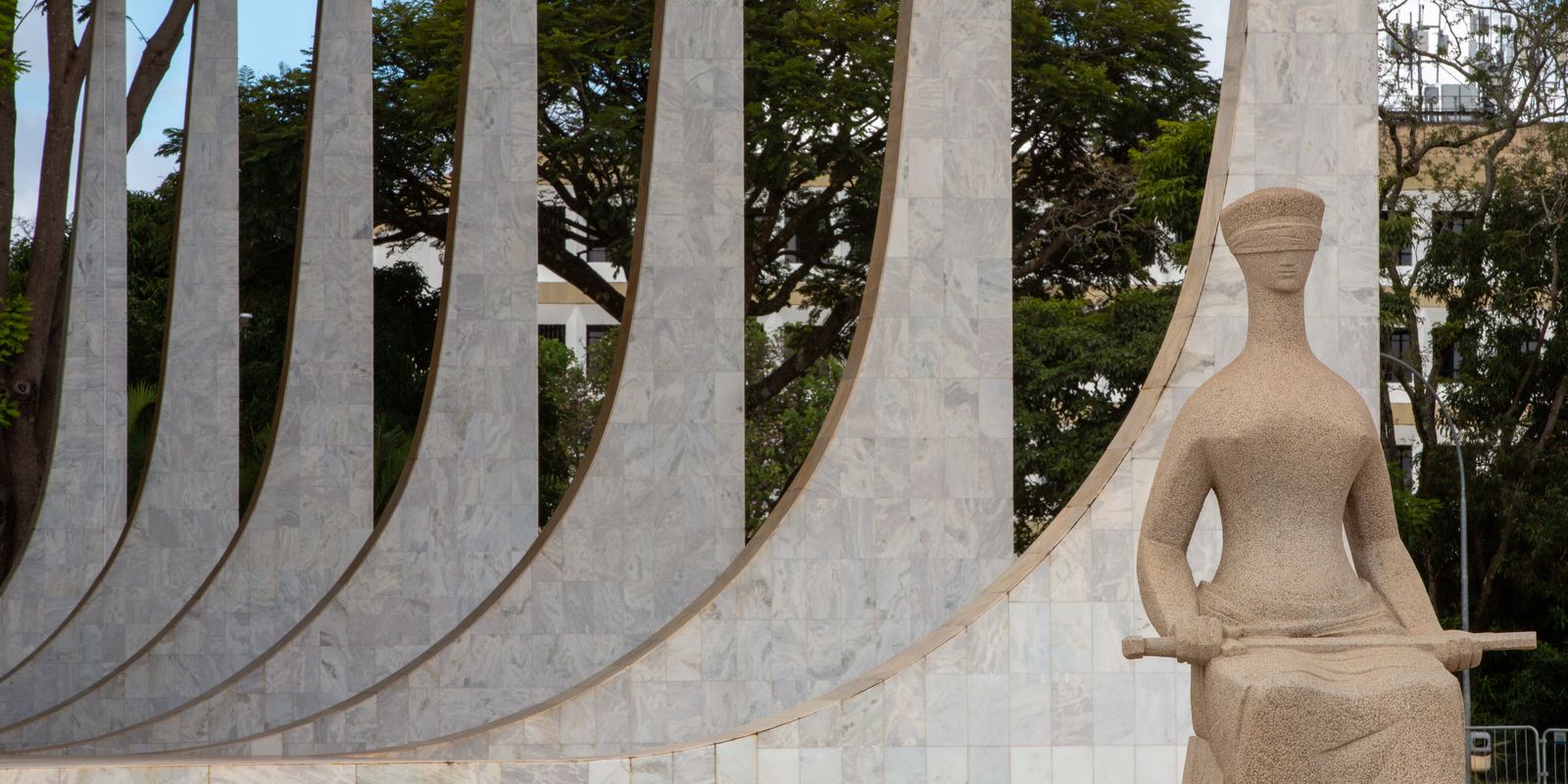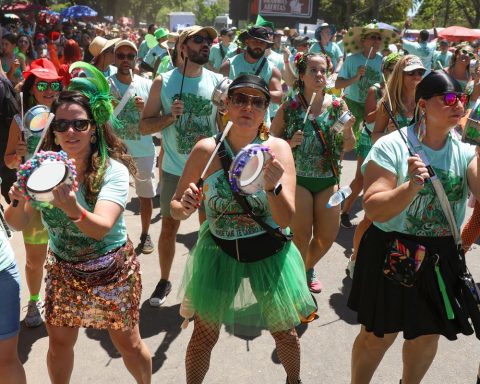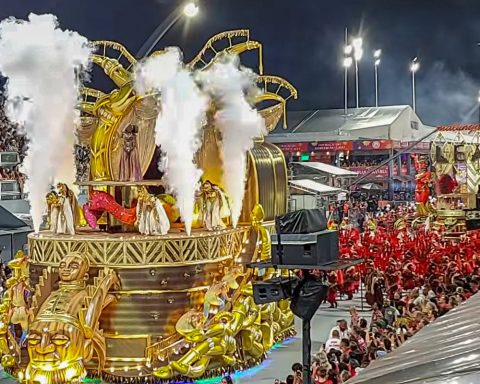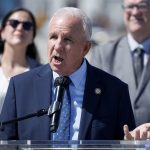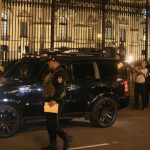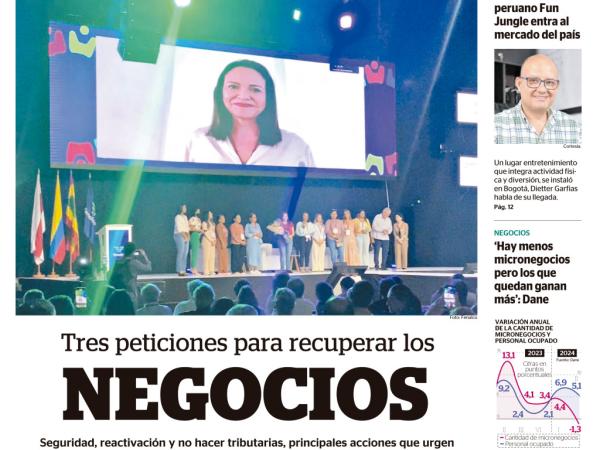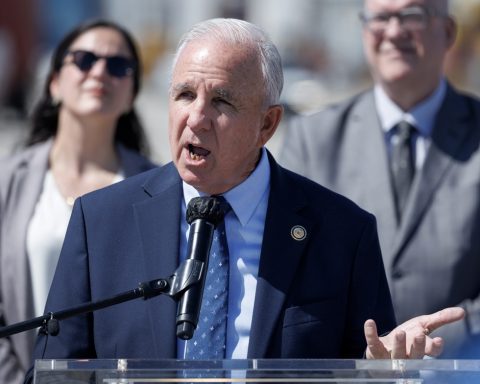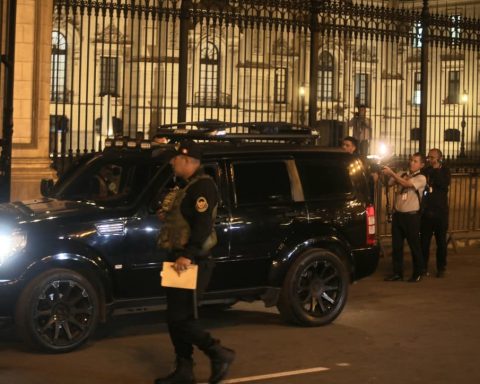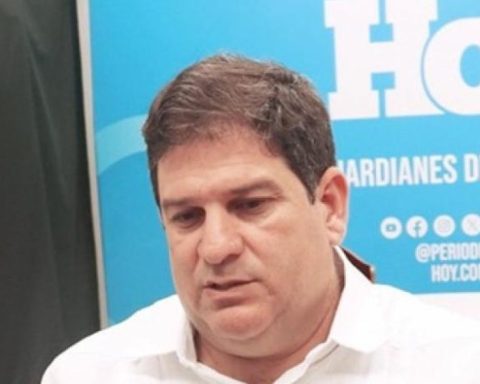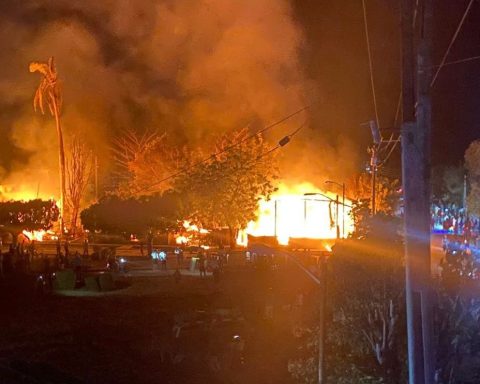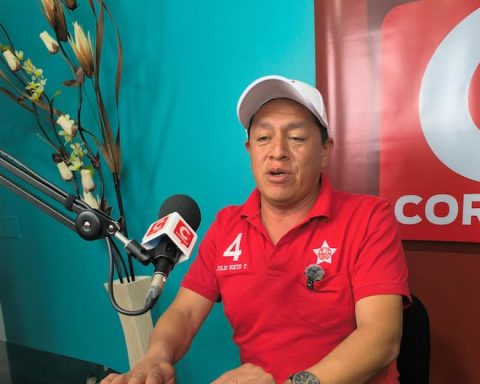The Federal Supreme Court (STF) decided that public resources cannot be used to finance events to promote the 1964 military coup. The decision was handed down in a virtual trial that ended on the 6th of this month. The result was announced this Friday (27) by website of the Court.
The Supreme Court’s understanding was motivated by an action filed by federal deputy Natália Bonavides (PT-RN) to maintain the decision of the first instance that barred the government of then president Jair Bolsonaro from exalting the coup in the Armed Forces barracks.
In 2020, the Ministry of Defense determined the promotion of the Order of the Day Allusive to March 31, 1964, a document that should be read in barracks across the country to “commemorate” the 56th anniversary of the military coup.
The appeal reached the Supreme Court after the second instance of the Federal Court approved the military act.
By 8 votes to 3, the Court followed the vote given by Minister Gilmar Mendes, who understood that the 1988 Constitution does not allow the praise of military coups. For the minister, the commemoration constitutes an act harmful to the Union’s intangible heritage.
“Admitting the use of the state structure to convey the message opposed in these cases, therefore, has the serious potential of vilifying the democratic constitutional system itself, as it aims to introduce, in the imagination of the Brazilian population, the legitimization of the dictatorial regime in opposition to which the The 1988 Constitution itself was erected”, said Mendes.
With the decision, a judgment thesis was established that should be applied in all similar cases that are being processed across the country.
“The use, by any state entity, of public resources to promote celebrations alluding to the 1964 coup violates the Constitution and consists of an act harmful to the Union’s intangible heritage”, defined the STF.
The case rapporteur, minister Nunes Marques, and ministers Dias Toffoli and André Mendonça rejected the appeal for procedural reasons. For the ministers, the thesis of the trial could not be formed by general repercussions for all cases.
